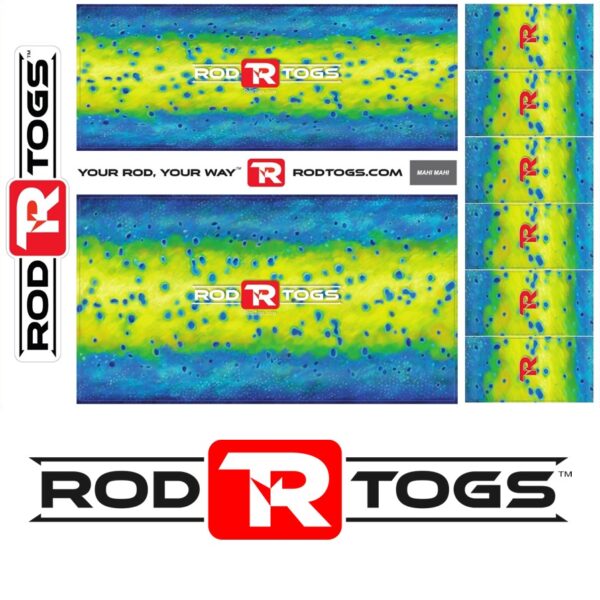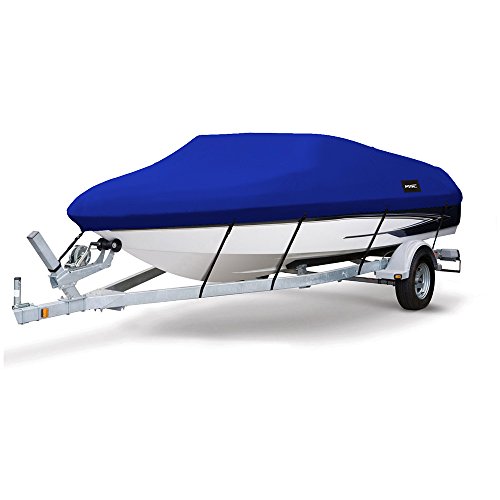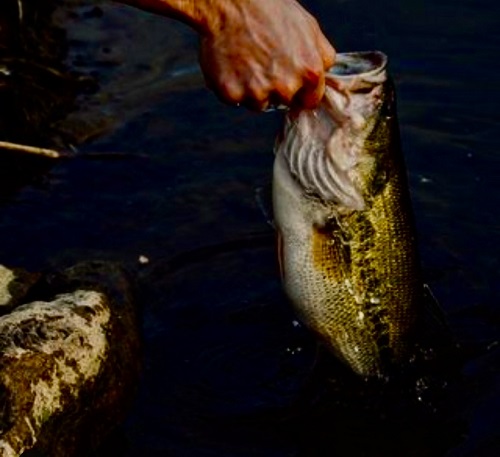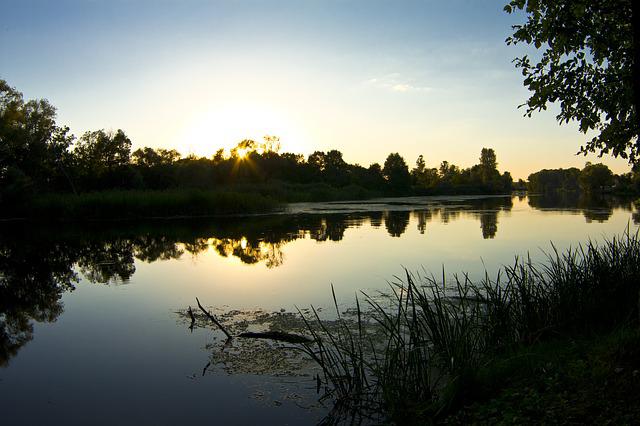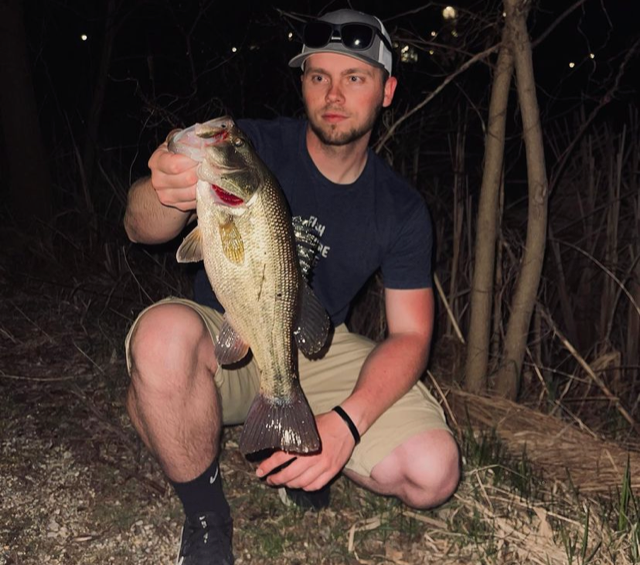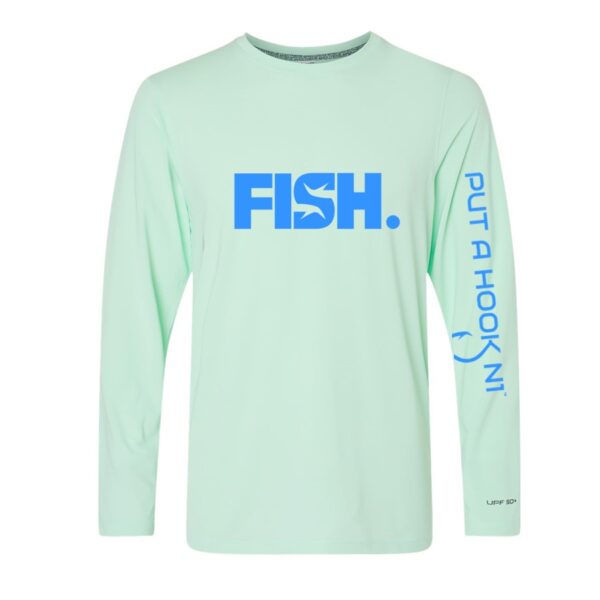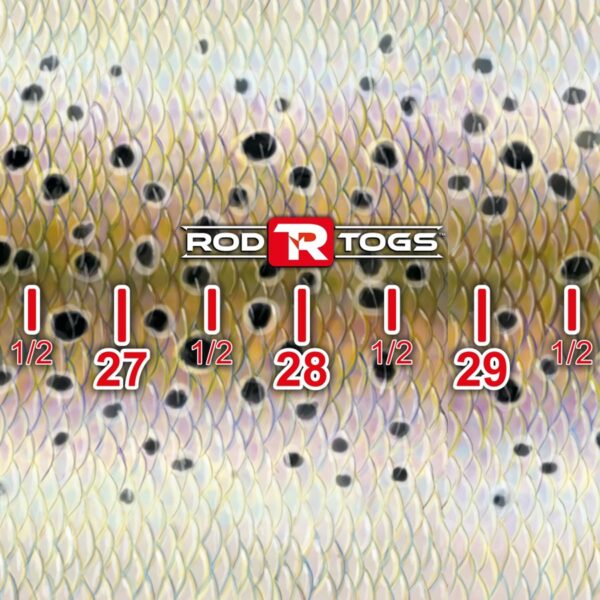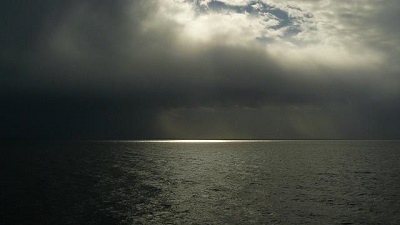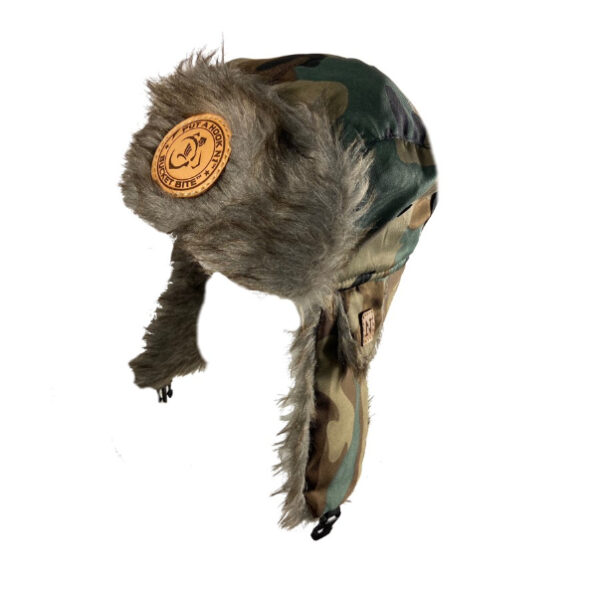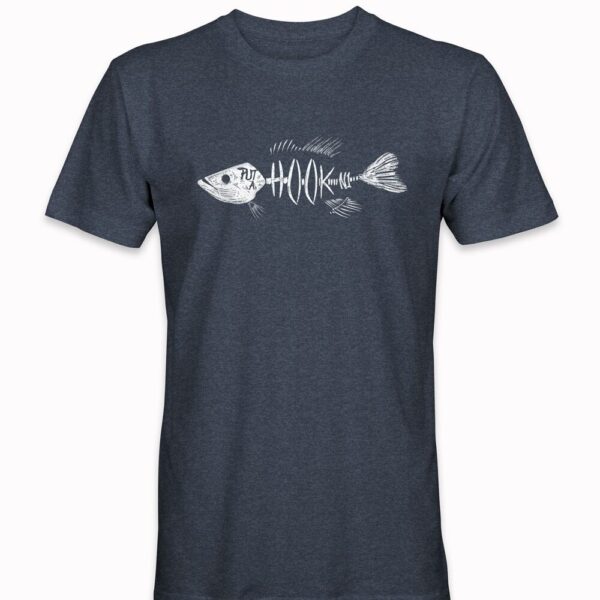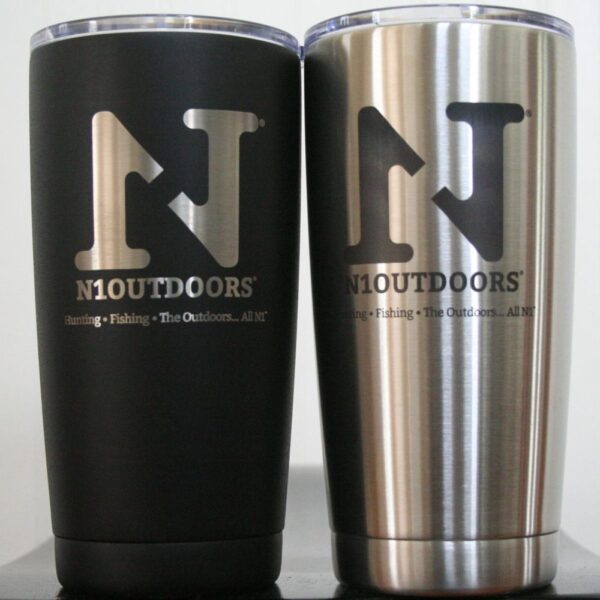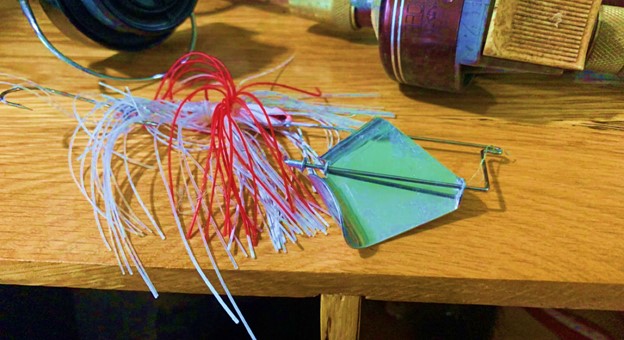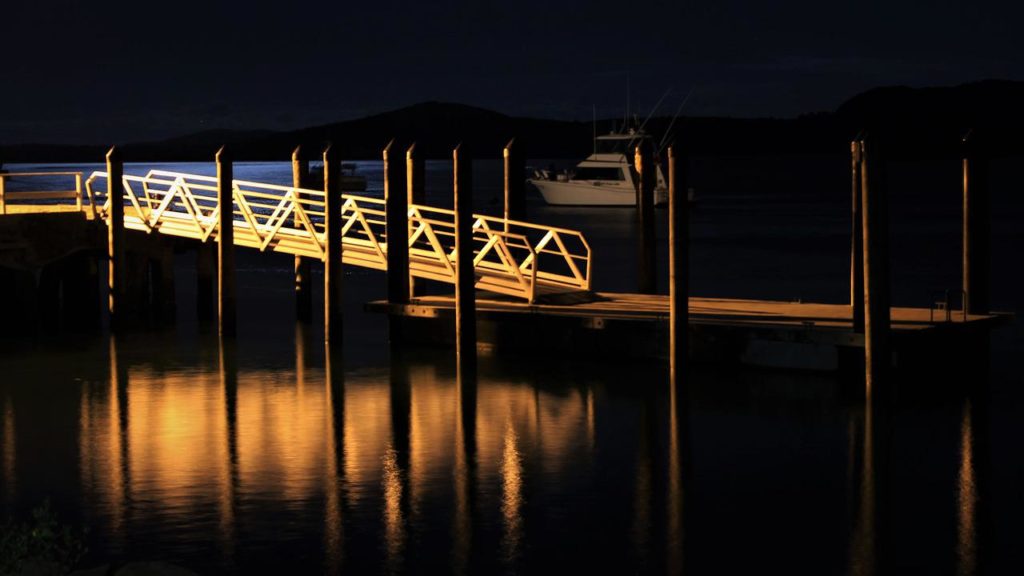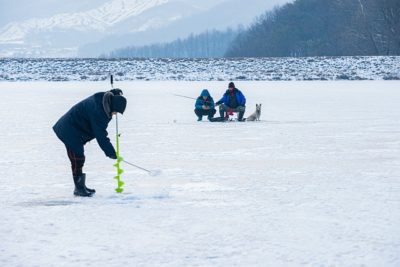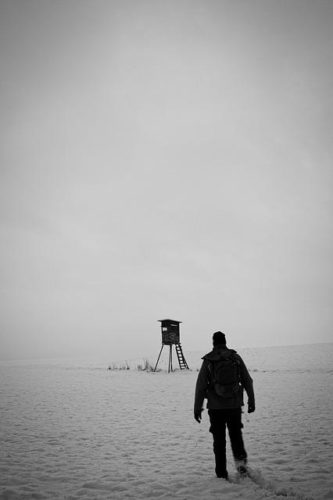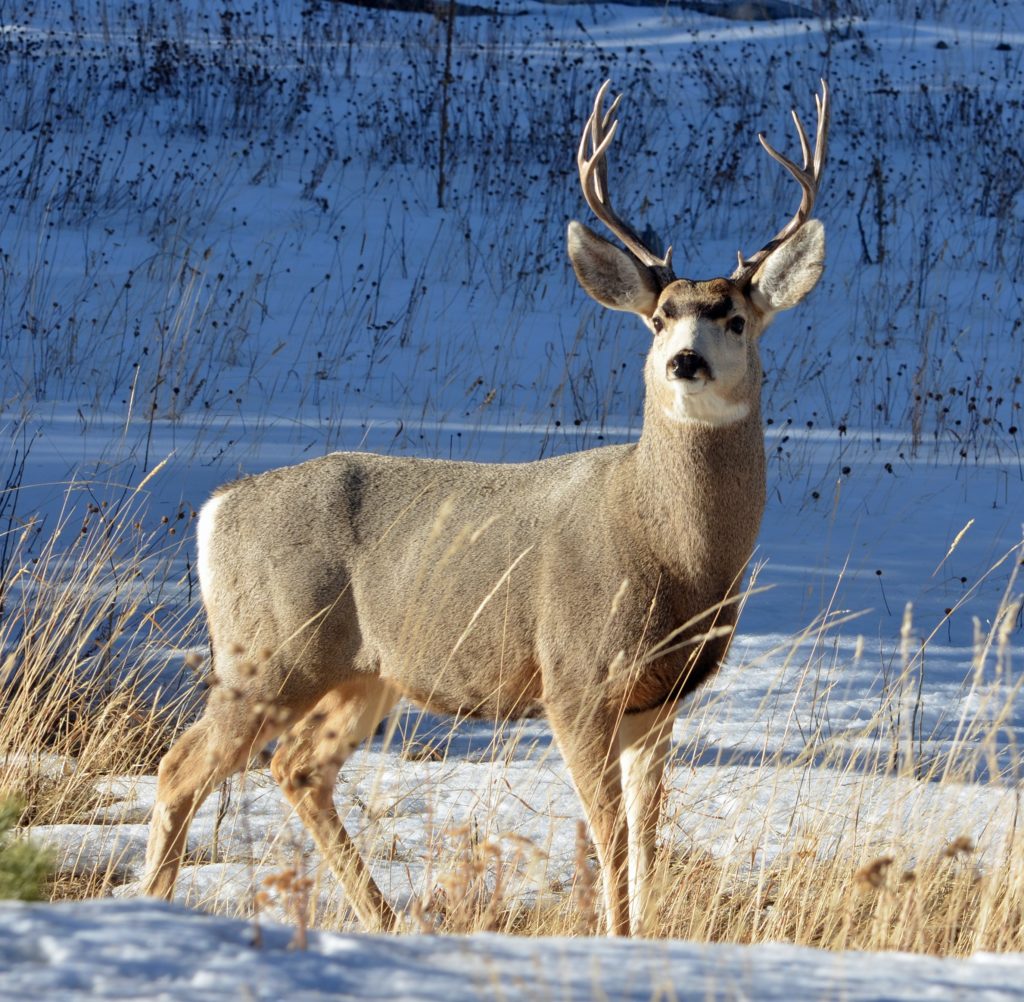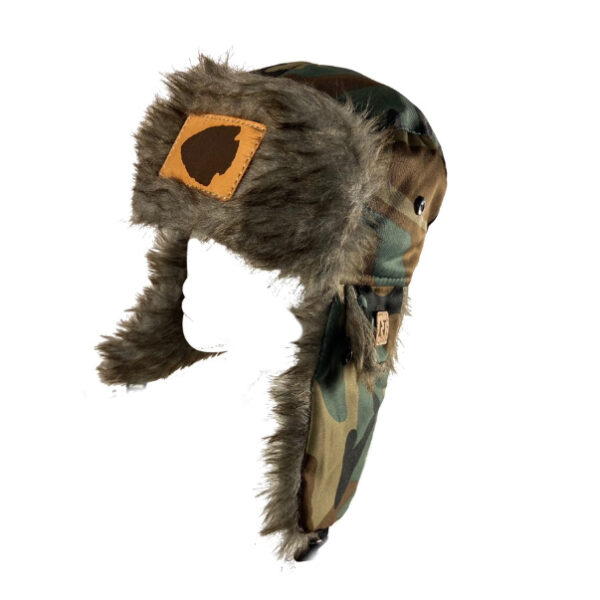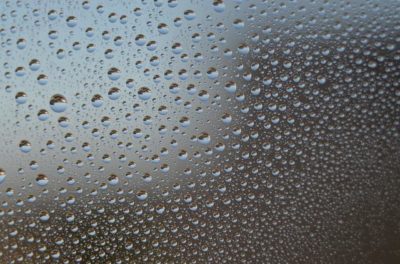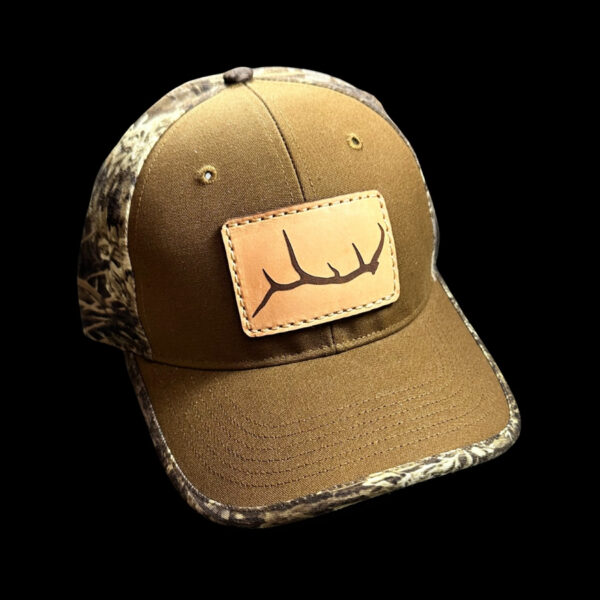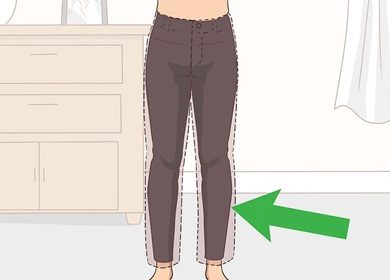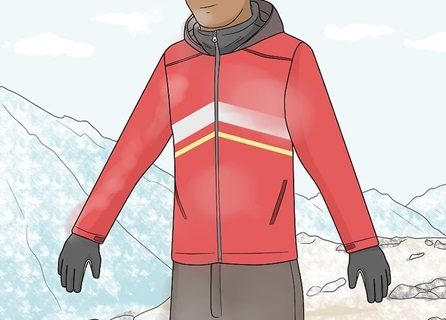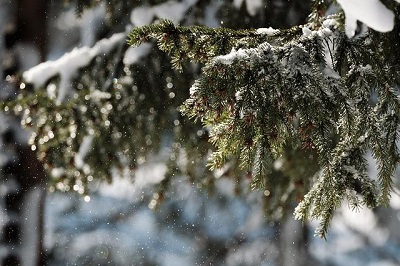Having a boat can be fun and exciting, especially if you think about the vast number of things you can do with it.
Your boat can be a place to host your social gatherings, an avenue to fun and recreational activities for everyone’s enjoyment, or simply serve as a place to relax after a hectic work weekday.
When it comes to boat care, proper storage should be on top of your priority list. Even if you bring your boat for regular maintenance, if you don’t keep it in its best storage area, you’ll only be exposing it to harmful environmental factors.
With the benefits that a boat provides for you, as well as the associated cost, it’s only practical if you can take good care of it, so that it’ll last for years.
To help you out, listed below are some boat storage ideas that’ll work well in any kind of weather:
Outdoor Boat Storage
When it comes to outdoor storage, you can certainly choose to store it in your yard or nearby open lot.
However, to help protect your boat from the elements, you should enclose it properly using a boat cover or a durable RV & boat enclosure.
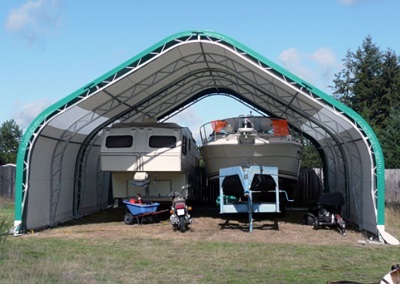
A durable boat storage enclosure can help keep your priced watercraft safe from the elements.
An RV and boat enclosure allows you to get the benefits of indoor storage without building a facility.
In addition, they’re also compact and easy to assemble, making the boat storing process a breeze.
This will ensure that your investment will be safe from harsh weather conditions.
-
Sale!
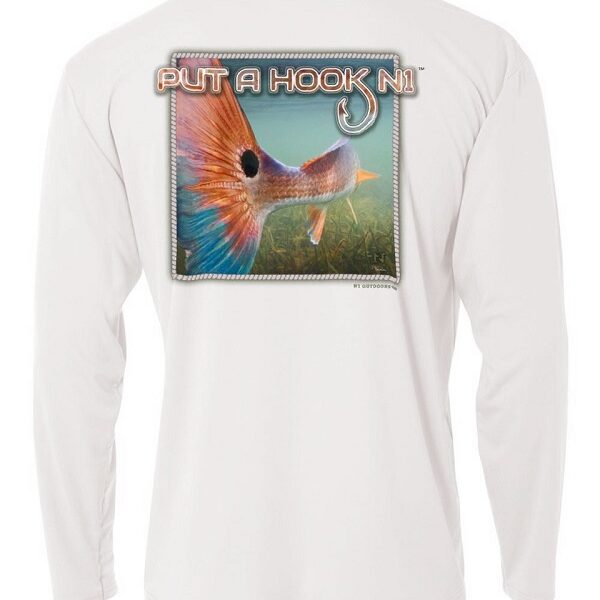
Put a Hook N1™ UPF 50+ Redfish Performance Fishing Shirt
$22.00 Select options This product has multiple variants. The options may be chosen on the product page -
Sale!

N1 Outdoors® Ladies Flagship Tee
Original price was: $22.99.$5.00Current price is: $5.00. Select options This product has multiple variants. The options may be chosen on the product page -
Sale!
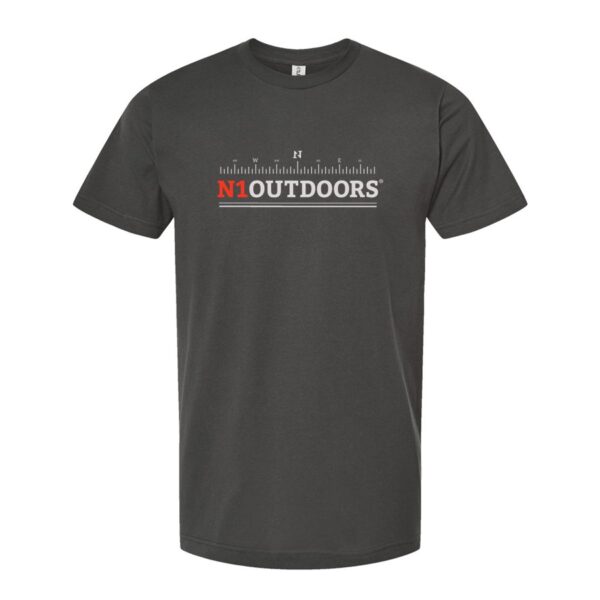
N1 Outdoors® Compass Tee
$9.00 Select options This product has multiple variants. The options may be chosen on the product page
Indoor Boat Storage
Of course, if you’re looking for the best and safest way to store your boat in any weather conditions, indoor storage would be the best option.
This way, you can properly enclose your boat, keeping it away from any environmental factors affecting its quality and reliability.

Storing your boat indoors is optimal, especially for the winter months, however, cost cant be a hindrance, as well as lack of available storage, if renting space.
Finding available rental space for storing your boat indoors can sometimes be a challenge. High cost can also be a hindrance.
Indoor storage on your own property allows you to keep a close eye on your boat and have quick access to it so that you can further protect it when needed, especially during the winter months.
Yet, this might not be everyone’s first choice, especially since it could require a significant amount of space and could be a large expenditure if you have to build a building. And, of course, you may not have this amount of space on your property.
Boat Storage Facility
If you’d like to keep your boats indoors but don’t have enough space on your property, you might want to consider renting space at a boat storage facility.
Boat storage facilities allow you to have all the benefits of storing your boat indoors without having to worry about having enough space at your residence.
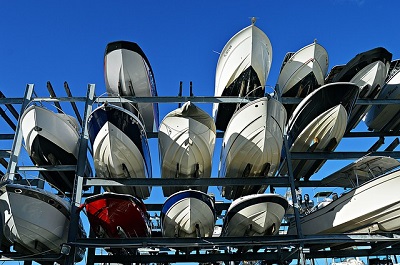
A boat storage facility is a good option, but if there is not one near you, it may be inconvenient to travel just to check on your boat.
The potential downside to using a boat storage facility is that, depending on your location, it could be a long way from your home. So, if it’s a long way from where you live, having to drive long distances to check on your boat could be rather inconvenient.
Boat Lift
If you have your own pier to park your boat, you might want to consider storing your boat on a lift and free yourself from worrying about the storage of your boat elsewhere.
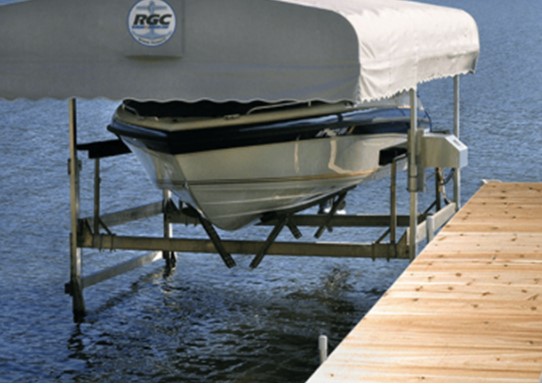
A boat lift will allow you to store your boat without having to remove it from its waterfront location.
While it might not seem like a bad idea to keep a boat in the water year ’round (it’s made to float in water, right?), it actually can cause slime buildup, staining and other expensive damage caused by the water.
A boat lift allows you to keep your boat where it is located, thus not having to worry about renting a boat storage facility.
But, if you decide to go with a boat lift, you’ll need to be sure you winterproof your boat, including making sure to drain any onboard water as well as ensuring that the proper antifreeze is present in the engine.
If you don’t have time to winterize your own boat, you may want to consider hiring a professional that can winterize the boat for you, saving yourself time time and energy and allowing you to store your boat more easily.
-
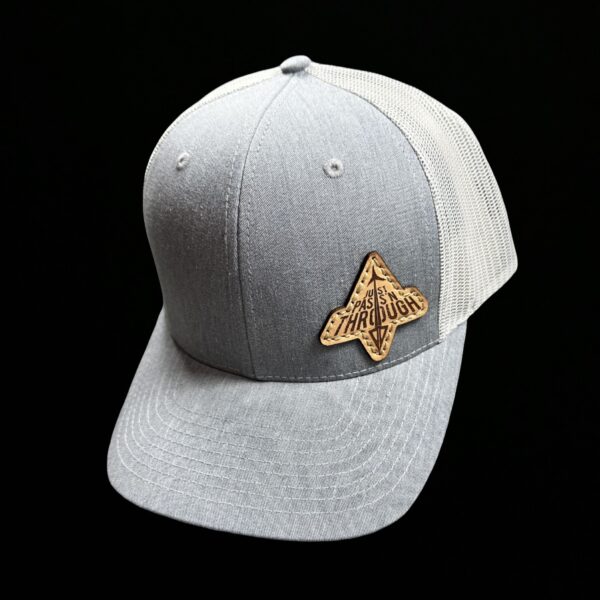
N1 Outdoors Just Pass’N Through™ Leather Patch Hat (Grey/Lt Grey)
$29.99 Select options This product has multiple variants. The options may be chosen on the product page -
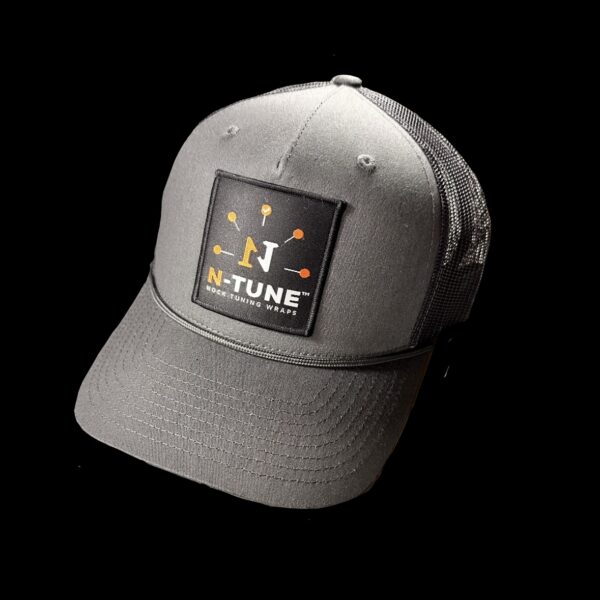
N1 Outdoors® N-Tune™ Patch Trucker Rope Hat (Gray & Black)
$26.99 Select options This product has multiple variants. The options may be chosen on the product page -
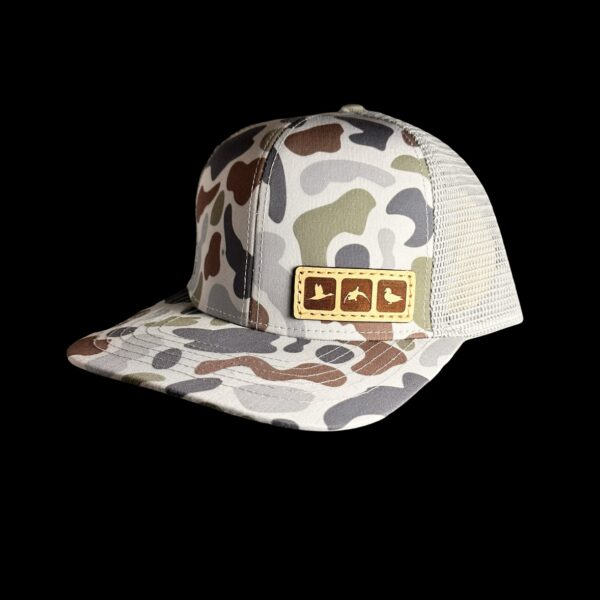
N1 Outdoors® TriBlock Duck Brackish Camo Leather Patch Trucker Hat
$29.99 Select options This product has multiple variants. The options may be chosen on the product page
Tips To Store Your Boat
You don’t expect everything to be easy peasy when storing your boat. You need to be prepared to encounter plenty of challenges in keeping them safe and secure. Below are some tips to help you.
- Book A Full-Service Boat Haul
Of course, a boat is generally heavy, and storing them can really be tricky. So, as you look to book a boat haul to put your boat out of the water, you might want to consider getting a full service to inspect and ensure that your boat receives any necessary maintenance and repairs, so that your boat will be prepared for winter weather.
- Winterize Your Boat
If you’re storing your boat for the winter after using it for fun activities like fishing, it’s very important that you winterize it to prevent it from getting damaged.
Since winter often involves freezing temperatures, any water can freeze, causing cracks.
Winterizing your boat means preparing your boat for winter by replacing the engine fuel, draining the water, and protecting internal components.
So, regardless of whether you are going to be storing your boat indoors our outdoors, you should winterproof your boat first!
- Remove Your Belongings
No matter which storage option you choose for your boat, it’s important that you remove your loose items and keep them away from them.
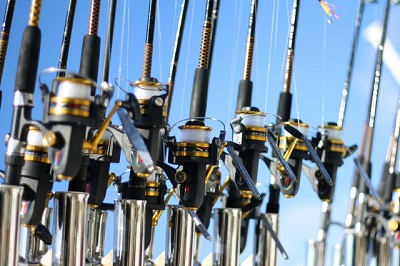
Be sure to remove all items from your boat before storing for the winter. Fishing rods, navigation equipment and personal items included.
While you might not be worried about someone stealing your belongings during the winter, leaving items in your boat could lead to musty smells and rot, which could cause damage to your boat.
Ideally, you should remove all your personal belongings, including life vests, fishing rods and tackle, and electronic navigation equipment (to ensure that the winter temperatures won’t damage its components).
Final Thoughts On Boat Storage
Storing your boat can really be tricky, especially if winter is approaching. While the ideas above are suitable for any weather and season, looking for the best option for wintertime that fits your scenario and budget should be on top of your boat to-do list!
Whichever option you choose, be sure you secure your boat well, winterize it and remove any belongings in the boat.
This will help keep your boat in its best condition for as long as possible, so you can continue to enjoy the water and meet like-minded boat lovers in the coming years.


